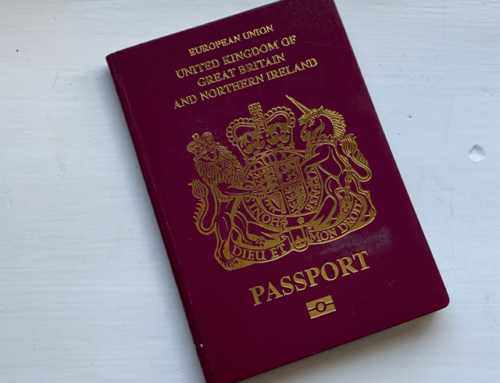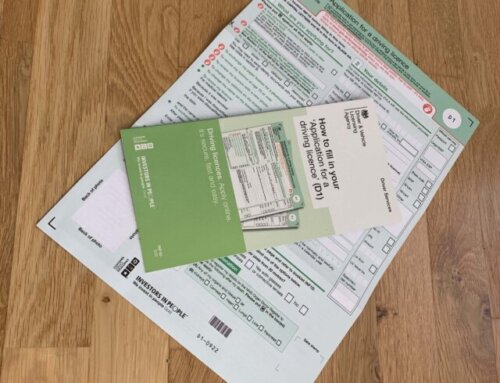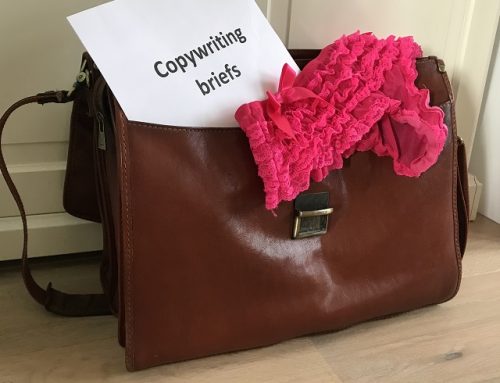Ever wondered how much you should pay for copywriting?
What are words worth?
The 1981 electronic/new wave classic ‘Wordy Rappinghood’ by Tom Tom Club wonderfully conveyed the immense and diverse power of words. I don’t know the actual story behind its lyrics, but the song’s repeated question, “What are words worth?”, certainly resonates among copywriters and their clients alike.

Can you really put a price on words?
After all, what are words worth?
How can clients value their investment? And how should copywriters charge?
Let’s start by looking at the impact of words on business success.
Inherent image
– winning the name game
The words that identify your company and its brands and products are there for the long-haul. Over time, their value aligns ever-closer with the reputation you’ve earned in the market. But at the point of launch, these words are fundamental.
Names and taglines are the front line when it comes to attracting attention and gaining traction. They are the signposts in your audience’s subconscious pathway, to which every touchpoint thereafter will be linked.
Effective influence
– crafting the right message
The words that deliver your pre-sale messaging (via websites, advertisements, social media, editorial, PR, direct mail, etc, etc) pack a powerful instant punch. They play the most diverse and visible role in influencing audience perception and behaviour. And they carry the weight of responsibility on their shoulders.
These are the words that connect and convince. Their job is to resonate and inspire. But success is a function of honesty. If you can truly deliver on your messaging, you earn trust and build positive reputation. If your words lure with inflated promises or misleading expectations, negative perceptions will quickly form and be shared. Turning that around will take far more time and effort than getting it right in the first place.
The call to action
– honestly tempting
The words which invite audience action need to be both clear and truthful. Whether their job is to confirm a sale or connect to further information, the promise must match the outcome. Simple, you might think. But how many times have you clicked a website or email link to land on a page which didn’t deliver on your expectations?
From overt clickbait to “full stories” which say no more than the preview, calls to action that don’t follow-through as stated are tremendously disappointing. They can instantly deflate a positive impression and undo all the good work in your messaging. To your audience, calls to action aren’t just words. They are a demonstration of your company’s competence.
Practical guidance
– retaining positive perception
The words which help customers choose and use your products, get the most out of your events, and even guide employees in their work, are essential for sustained success. Just because the sale has been made, or the new employee recruited, doesn’t mean words no longer matter.
Words remain highly valuable through every ongoing touchpoint. Their influence on audience experience continues to determine whether customers will return for more and recommend you to others, and how employees perform in their jobs.
Words are priceless
Sales generation, customer satisfaction and good employee performance are key to business success.
Words can have game-changing influence on all of these. But words don’t work in isolation. Product appeal and quality, delivery capability, strategies applied and working conditions are fundamental.
In financial terms, words are impossible to value. Their impact can be as huge and long-lasting as it is immeasurable.
Like fine art and rare gemstones, words are a priceless asset. It pays to invest in getting them right.
If words are priceless, how much should they cost?
While words are impossible to value, their price at the time of purchase is an easier calculation. Time is money. Every professional copywriter can tell you how much their time is worth. The more senior / experienced the copywriter, the higher their tariff will be. You get the service level you pay for.
“If I do a job in 30 minutes, it’s because I spent 10 years learning how. You’re paying me for the years, not the minutes.”
The cost of words therefore depends on your copywriter’s tariff and how many hours they dedicate to your cause. Not just writing, but getting to grips with your brief and figuring out the most appropriate solution.
The better you can explain what you have to say, what you want to achieve, and what matters to you, the less time your copywriter will need.








